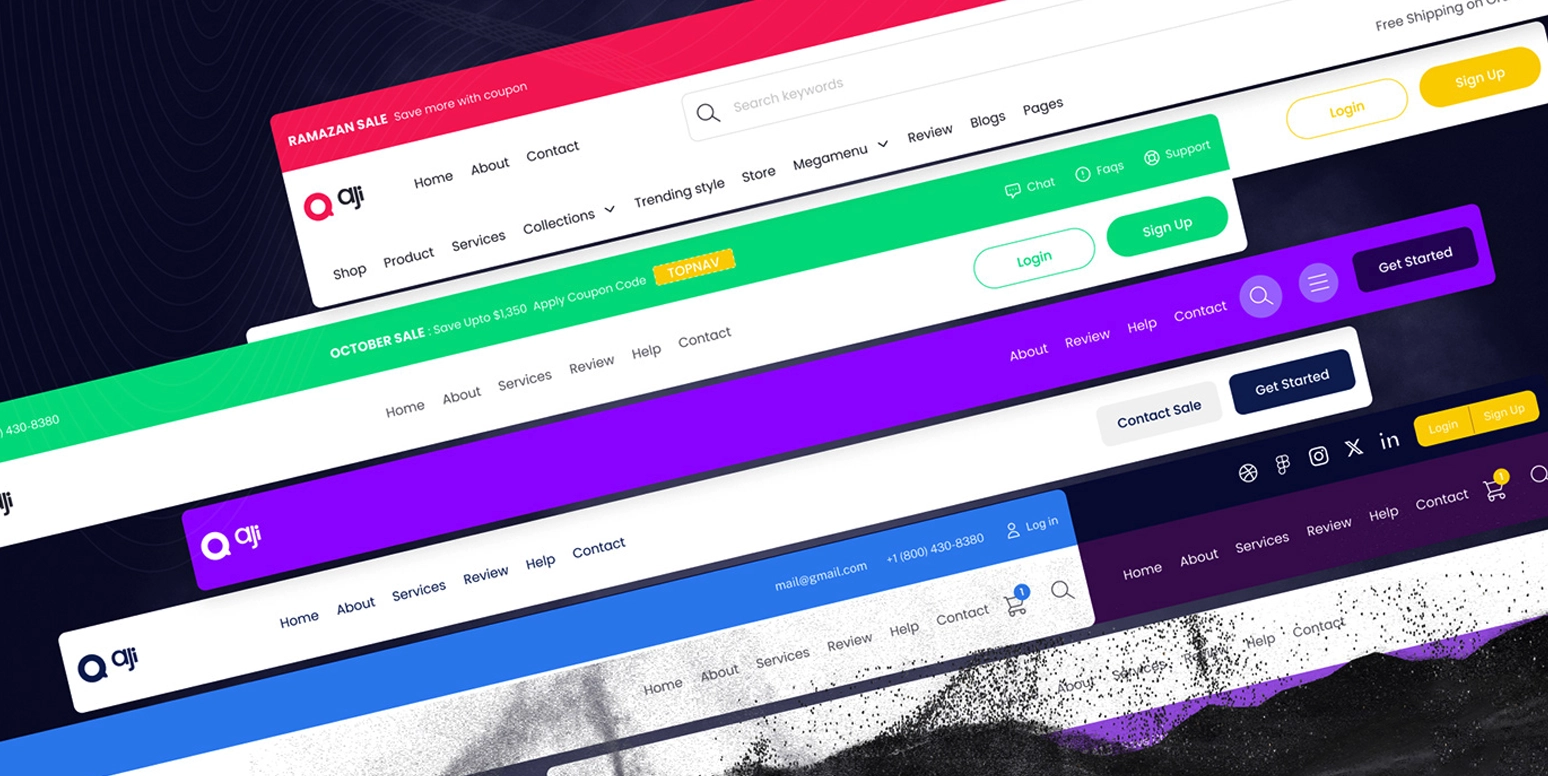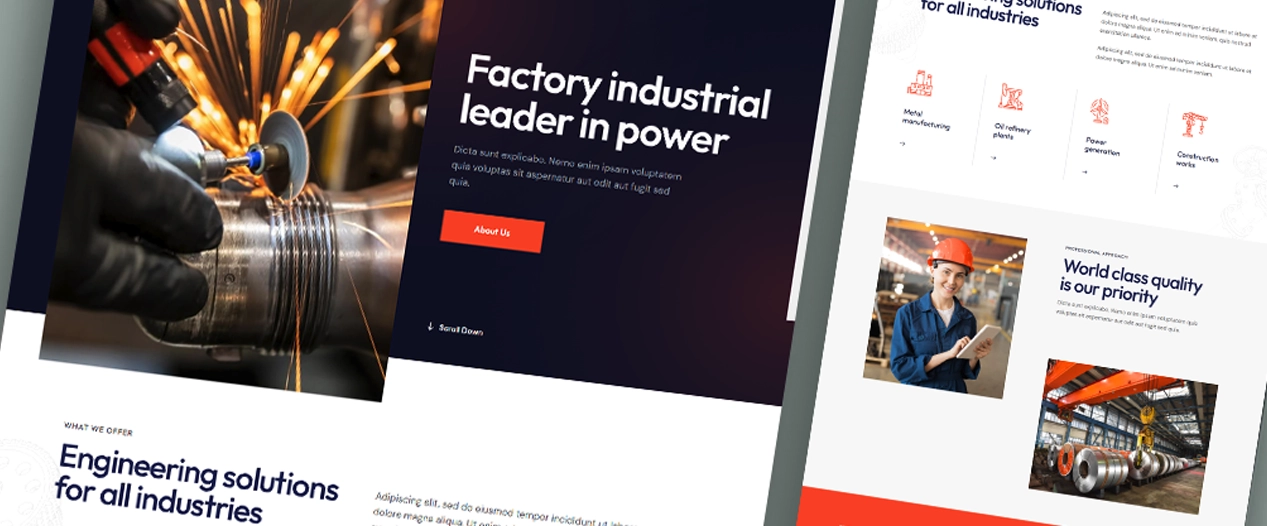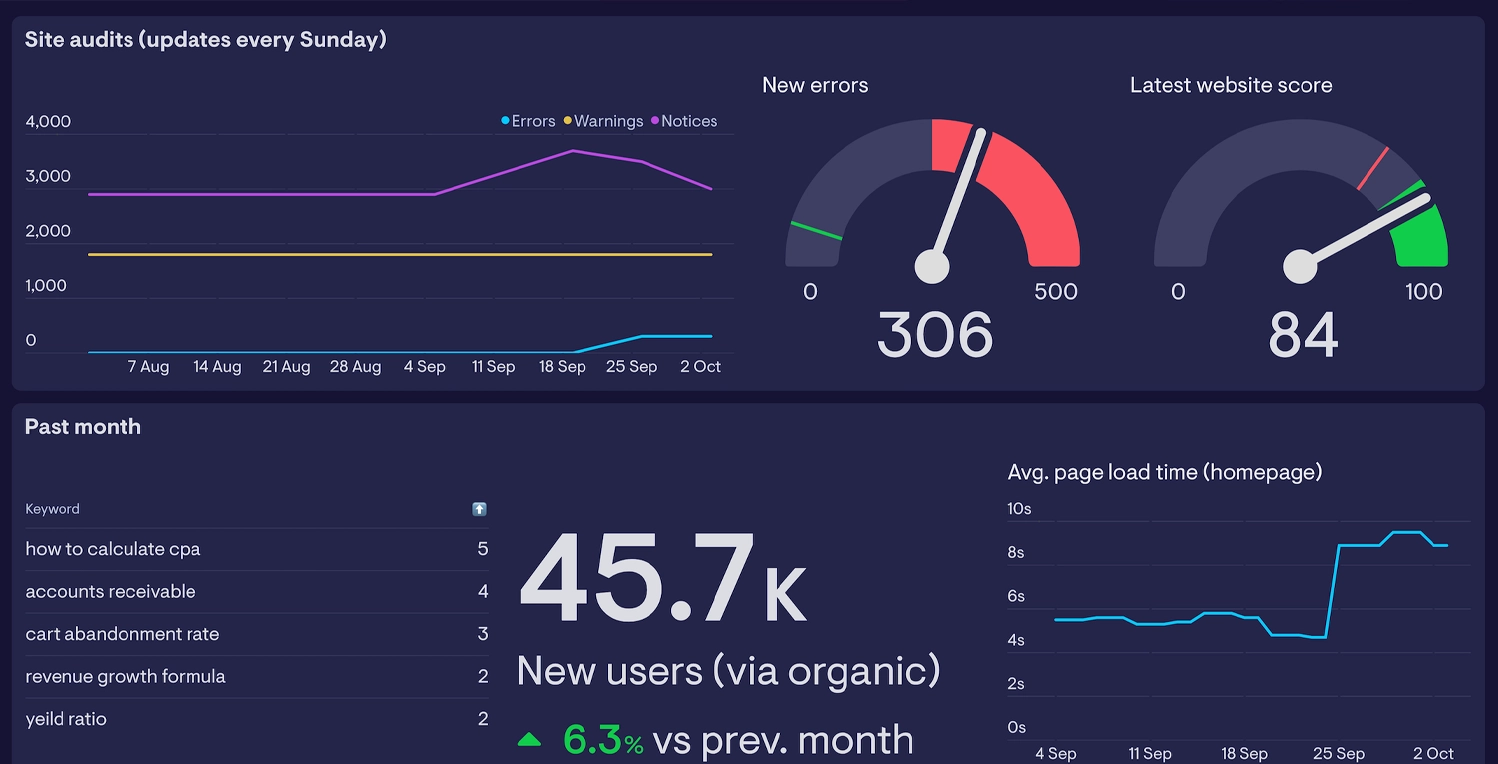Introduction
In today’s busy online world, getting noticed can be tough. That’s where WordPress SEO comes in. It’s like a map that helps people find your website among the millions out there. With WordPress, building a website is easy, but making sure people see it takes some extra work. That’s where SEO comes in – it’s all about making your website show up higher in search results.
But what exactly is WordPress SEO? In simple terms, it’s the art and science of optimizing your WordPress website so that it shows up higher in search engine results. In a world where Google is king, appearing on the first page of search results can mean the difference between obscurity and online success. In this article, we’ll embark on a journey through the intricate landscape of WordPress SEO, unraveling its mysteries and uncovering its secrets along the way. From understanding the basics of SEO to mastering advanced techniques, we’ll equip you with the knowledge and tools you need to elevate your website’s visibility and attract more visitors.
Best Practices
When it comes to optimizing your WordPress website for search engines, adhering to best practices is crucial for long-term success. First and foremost, prioritize user experience by ensuring your website loads quickly, is mobile-responsive, and offers intuitive navigation. Search engines like Google prioritize user-friendly websites in their rankings, so investing in a responsive custom web design is essential. Additionally, regularly updating and maintaining your WordPress website demonstrates reliability and can positively impact your SEO efforts. Consider partnering with a reputable web design agency like Ninety Web Design for expert assistance with website maintenance and WordPress web design tailored to your needs.
Focus on creating high-quality, relevant content that caters to your target audience’s needs and interests (more on that ahead). Consistently publishing valuable content not only attracts visitors but also encourages engagement and social sharing, signaling credibility to search engines. Incorporating multimedia elements such as images, videos, and infographics can enhance user engagement and improve your website’s SEO performance. Additionally, optimizing your website for local search by including location-specific keywords and creating a Google My Business profile can boost visibility for local audiences, especially if you operate a brick-and-mortar business.

WordPress SEO Plugins
One of the advantages of using WordPress for your website is the abundance of plugins available to streamline various tasks, including SEO optimization. Several standout plugins cater specifically to WordPress SEO, offering features such as XML sitemap generation, meta tag optimization, schema markup, and more. Among the most popular WordPress SEO plugins are All In One SEO (AIOSEO), Yoast SEO and Rank Math, all of which provide comprehensive tools for optimizing on-page elements and analyzing content for SEO.
All In One SEO, a longtime favorite among WordPress users, offers a user-friendly interface and a wide range of features to enhance your website’s SEO. From optimizing meta titles and descriptions to providing readability analysis and XML sitemap generation, All In One SEO simplifies the process of optimizing your WordPress website for search engines. Similarly, Rank Math and Yoast SEO provide advanced SEO capabilities, including keyword tracking, schema markup integration, and rich snippets optimization, all within a single plugin. Regardless of your choice, integrating a robust SEO plugin into your WordPress website is essential for maximizing its search visibility and organic traffic.
On-Page Elements
Optimizing on-page elements is a fundamental aspect of WordPress SEO, as they directly impact how search engines interpret and rank your content. Paying attention to elements such as meta titles, meta descriptions, headings, and URL structures can significantly influence your website’s visibility in search engine results pages (SERPs). When crafting meta titles and descriptions, aim for clarity, relevance, and brevity while incorporating target keywords naturally. Utilize heading tags (H1, H2, H3, etc.) to organize your content hierarchy and improve readability for both users and search engines.
Moreover, optimizing your website’s URL structure by incorporating descriptive keywords and eliminating unnecessary parameters can enhance its SEO performance. WordPress offers built-in functionality for customizing permalinks, allowing you to create clean, SEO-friendly URLs that reflect the content of your pages or posts. Additionally, integrating schema markup, such as JSON-LD, can provide search engines with valuable context about your content, potentially leading to enhanced visibility in SERPs. By diligently optimizing these on-page elements, you can improve your WordPress website’s chances of ranking higher for relevant search queries.

Website Structure
The structure of your WordPress website plays a significant role in its SEO performance, influencing how search engines crawl, index, and rank your content. A well-organized website structure not only improves user experience but also facilitates the discovery and prioritization of content by search engine bots. When designing your website’s structure, aim for a logical hierarchy with clear navigation paths, making it easy for visitors to find the information they seek.
Consider categorizing your content into topical silos or clusters, grouping related pages or posts under overarching themes or categories. This hierarchical organization helps search engines understand the relationships between different pieces of content and can contribute to improved relevance and authority for targeted keywords. Additionally, prioritize internal linking within your website, strategically linking related pages or posts to distribute link equity and reinforce topical relevance.
Optimizing your website’s navigation menu and site architecture can also enhance usability and accessibility, factors that search engines consider when evaluating website quality. Ensure that your navigation menu is intuitive, concise, and mobile-friendly, allowing users to navigate seamlessly across your WordPress website. By adopting a well-structured website design, you can create a solid foundation for effective SEO optimization and improve your chances of ranking prominently in search results.
Content
In the realm of WordPress SEO, content reigns supreme as the cornerstone of your website’s relevance, authority, and visibility. Creating high-quality, informative, and engaging content is essential for attracting visitors, satisfying search intent, and earning backlinks from reputable sources. Whether you’re publishing blog posts, product descriptions, or multimedia content, strive to provide value to your audience while incorporating relevant keywords naturally

Keyword Research
Keyword research forms the foundation of any effective WordPress SEO strategy, guiding content creation, optimization, and targeting. Conducting thorough keyword research allows you to identify relevant search queries and topics that align with your audience’s interests and intent. Start by brainstorming seed keywords related to your niche, then use keyword research tools such as Google Keyword Planner, SEMrush, or Ahrefs to uncover additional keyword opportunities, search volumes, and competition levels.
Backlinks
Building a strong backlink profile is paramount for improving your WordPress website’s authority, credibility, and search engine rankings. Backlinks, also known as inbound links, are links from external websites that point to your content, signaling trust and relevance to search engines. However, not all backlinks are created equal, and quality matters more than quantity when it comes to SEO.
SEO Performance
Measuring and monitoring your WordPress website’s SEO performance is essential for evaluating the effectiveness of your optimization efforts and identifying areas for improvement. Fortunately, several WordPress plugins offer robust tools for tracking and analyzing SEO metrics directly from your dashboard. Plugins like All In One SEO, Yoast SEO and Rank Math, for example, provide insights into key performance indicators such as keyword rankings, organic traffic, backlinks, and more.

Conclusion
In conclusion, mastering WordPress SEO requires a holistic approach encompassing various aspects of website optimization, from on-page elements to content strategy and beyond. By implementing best practices, leveraging WordPress SEO plugins, optimizing on-page elements, structuring your website effectively, creating compelling content, conducting thorough keyword research, earning quality backlinks, and monitoring SEO performance, you can significantly enhance your website’s visibility and organic traffic. Whether you’re a seasoned webmaster or a novice blogger, investing in WordPress SEO is essential for achieving sustainable online success. Partner with Ninety Web Design, your trusted web design experts, to elevate your WordPress website’s performance and drive meaningful results. Schedule a consultation with us today and unlock the full potential of your online presence.
